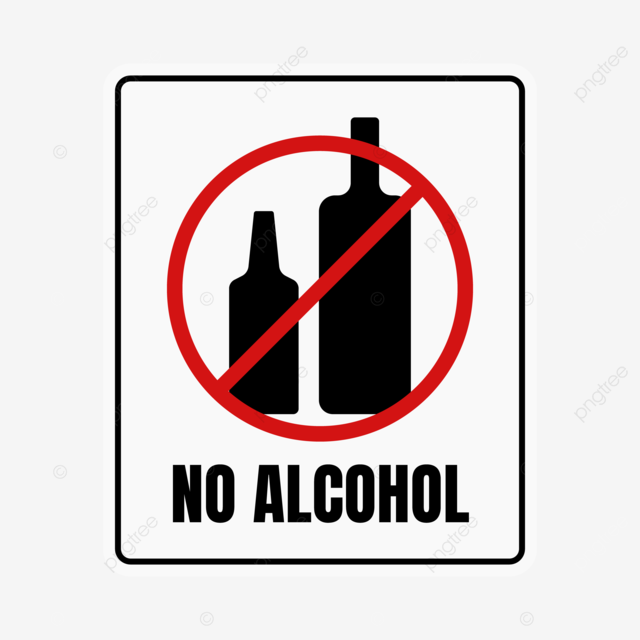The rate of suicide attempts is higher among youth than adults.
This is despite many (but not all) parents constantly lamenting the idea that their kids “always have it easy” and do not face actual struggles.
According to the 2021 Youth Risk Behavior Survey (YRBS), 10.2% of high school students had experienced a suicide attempt in the past year before the survey was conducted.
That means that each time you walk through the hallway, practically one in ten people you pass have made a recent attempt on their own life.
Additionally, 20.2% of kids have considered suicide as an option in the past year and 17.6% have developed a plan for it.
Certain groups are notably at a higher risk when it comes to the mental health issues that lead to suicidal ideation. Factors such as sex, sexuality, race, age, and many more can all impact the likelihood of a person developing suicidal thoughts, as well as the severity of those thoughts.
There is a commonly repeated fact that girls are more likely to attempt suicide, while boys are more likely to die of suicide.
The 2021 YRBS found that girls are statistically over twice as likely to consider, attempt, and require medical treatment for their suicide attempts. They are also twice as likely to report general feelings of sadness and hopelessness and are significantly more likely to report binge drinking, marijuana use, sexual violence, and bullying.
“I was at a very, very bad point at the beginning of last year,” an anonymous AHS student said. “I stopped showing up [at my favorite hobby], which is my everything. I went alone for lunch a few times, which is just not like me at all. I couldn’t do anything. I would not clean my room. I would not do my makeup. I would not get ready. I stopped getting up, going to school… I failed absolutely f*cking everything.”
She further explained the strain between her personal and school life, as she was in the midst of dealing with an abusive relationship that pulled her attention away from school.
“Teachers who saw me every single day did not notice anything that was happening,” she discussed the lack of support that she found from her instructors. “It’s really hard that my teachers didn’t notice any of the very obvious signs, like the [lack of] homework.”
The student felt that neither her teachers nor the administration responded to her worsening academic performance with any proper support. Instead, she found herself being punished.
“My attendance was not great and they were getting me in trouble for my attendance. I can’t comprehend how no one noticed and how no teachers asked me, ‘Hey, what is going on in your life?’ because even that could have saved me.”
Luckily, she has been doing much better this year.
“I’m doing so much work to reconnect with all of the people in my life, to reconnect with myself, to make good, supportive friendships, and trust the school,” she said. “I’m, like, starting to really love school and just love my life again.”
While the school resources can be spread thin, some students have been able to receive support through the school.
“I’ve started seeing Mrs. Klima occasionally,” another anonymous student said.
However, for a lot of students, the idea of speaking to an adult about their troubles can be intimidating.
“Through Klima, there are these college students who are training to become counselors,” they explained how sometimes talking to someone closer to your age can help make the experience more comfortable. “I saw one a while back and it really helped because I just spent a whole class period dumping out everything that had been on my mind recently. Getting to talk to someone like that was really nice.”
Many students have a pattern of becoming overwhelmed with the schoolwork and stress that comes along with school. Especially with the added pressure placed upon them by family members.
“My dad’s expected big things from me for a long time,” one student explained the disconnect between them and their father. “I don’t know if I can give him big things.”
Others find their family to be entirely unsupportive.
“I’m a closeted trans person and even though my parents say they are accepting of it, I don’t believe them enough to be able to come out,” another student explained one of the main tensions in his life.
“If I’m not doing well, everything is very tense [in my household],” he continued. “I started doing a lot worse in school and as I’ve gotten worse in school, my mental health has gone a lot worse. And then my parents started taking notice of the fact that my school’s worse, and then they got really upset over that. Then, my mental health just got worse. It’s like a cycle.” they said, showing the burden school work can be, and how it can weigh on a person’s mental health.
As well as pressures from family, isolation, and separation from peers is common for those who struggle with mental health issues.
“Being a minority is a big part [of my mental health]. I’m mixed so I’m a little too black for the white kids and a little too white for the black kids,” a student said, sharing their own baggage that comes with being part of a minority.
Others feel like they have been the receiver of blatant harassment while on campus.
“I definitely think I’ve been bullied and harassed for [being in the LGBT community] here by other students and such,” another student explained how school can feel unsafe. “Even though most people are really nice, it can really affect your mental health, even if it’s just like a couple of people. Knowing people judge you for that can affect mental health a lot.”
Other students also expressed their feelings about how not fitting in worsens their mental health, one described a “general discomfort” with their identity and daily life.
Other mental health disorders such as OCD, BPD, and bipolar disorder can often interact with depression and anxiety, making those symptoms worse.
“Ever since I was little I’ve been suffering with very bad bipolar disorder. I have hallucinations if I got too depressed.,” They explained how heavy of a burden that having a disorder can be.
They also talked about the recovery process with a mental disorder, saying it is never straightforward.
“With bipolar disorder, there isn’t much recovery. It’s mania and depression, mania and depression again. It’s important to recognize when you start to feel the opposite and to work on healthy coping mechanisms.”
They also added how it helps to look at themself beyond their diagnosis.
Other adverse childhood experiences can also greatly contribute to students facing mental health issues later on. These are traumatic events such as emotional neglect, substance abuse, physical and verbal abuse, divorce, and witnessing domestic violence.
“I’ve lost a lot of family over the past few years, and that’s definitely had a big effect on my life and how I grew up […] I’ve been dealing with deaths since I want to say three.” a student explained why death is something that is always going to be in the back of their mind.
They went on to talk about their experience with suicide and suicidal ideation. “I did have an attempt at the start of the school year as I was going through a lot of stuff at home with my [family member] who was an alcoholic… I luckily survived it.”
Since then, this student has been working on themself and learning how to deal with stress in a more healthy way.
“Over the years I’ve been to therapy. I’ve been learning how to accept myself as I am.”
They also added that their family member is now in recovery.
Another student spoke of how they have gotten better, but suicidal ideation isn’t always easy to recover from fully.
“I don’t want to, but I still have those thoughts,” they said. “It is annoying because it’s like, why are they there? Like, if I’m not gonna want to actually do it, then why can’t they just go away?”
Nonetheless, focusing on healthy coping strategies and behaviors can help to overpower negative and unhelpful thoughts.
“I’ve been focusing more on myself and what I need because I used to be a really bad people pleaser. I’ve always put everyone else first before me.” the anonymous student said.
Struggling with mental health issues can often feel like repeated stages of “getting better” and “not getting better.” One student talked about how their friends and some family members help them focus more on the “getting better” part when they’re struggling.
Along with music, drawing out their feelings can be a useful tool. The student also explained how much music helps them.
“I’ve always been a giant Alex G fan,” they said.
Another student spoke about how taking personal responsibility and initative has helped them.
“[I‘ve needed to be] more of a self advocate. Like, advocating for medication and stuff like that has helped a lot,” they said.
Many people struggle with getting proper medication, it’s often not easy and depends greatly on what a person’s home environment is like. One student, who witnesses substance abuse at home, shared the effect a complicated home life can have on their mental health.
“I think a big factor is both fam- ily life and home life,” she said. “A lot of people use school as a way to escape from home, and home to escape from school. So if both situations are rough, it’s just kind of hard.”





























